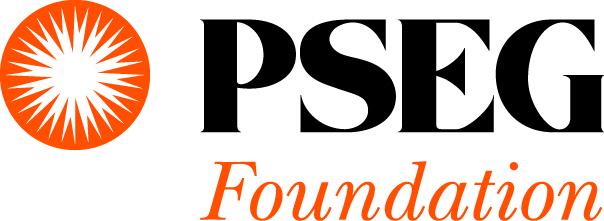CO Detectors Don’t Malfunction as Often as People Think
- Don’t Be the Next Statistic -(Newark, NJ) – Warning: Listen and act fast when your carbon monoxide (CO) detector sounds its alarm. Most of the time, it’s NOT malfunctioning – it’s trying to save your life. This was a lesson recently learned by an Emergency Medicine resident rotating at the state’s poison control center.
Carbon monoxide poisoning is an immediate and deadly danger no matter the season.Don’t be the poison center’s next statistic.“Prevention and early detection are crucial in preventing poisoning injury and death from carbon monoxide,” says Diane Calello, MD, Executive and Medical Director of the NJ Poison Control Center at Rutgers New Jersey Medical School’s Department of Emergency Medicine. “Heating systems, fireplaces, and any other gas, oil, or coal burning appliances should be serviced by a professional every year to ensure all are working and venting properly to prevent CO exposure.”
Carbon monoxide is called the “Silent Killer” because it is a gas that gives no warning – you can’t see it, smell it or taste it. Exposure to CO can produce headaches, sleepiness, fatigue, confusion and irritability at low levels. At higher levels, it can result in nausea, vomiting, irregular heartbeat, impaired vision and coordination, and death. During cold and influenza season, symptoms of carbon monoxide poisoning can easily be confused with symptoms of viral illnesses like the common cold and the flu. CO poisoning is serious and should be handled as a medical emergency.
“You want to catch a leak before it turns into a serious problem,” says Calello. “Don’t gamble with your family’s health and well-being; CO detectors are a must.” Battery-operated carbon monoxide detectors should be put on every level of the home and near every sleeping area. Always check the batteries of both detectors (fire and CO) when changing the clocks twice a year for daylight savings time. “When the alarm on your carbon monoxide detector sounds, take it seriously; get outside immediately and call for help.”
Below you will find key CO safety tips that will save lives. For those who have social media, follow the NJ Poison Center on FB and Twitter for winter safety information along with other injury prevention tips.
Safety tips to help reduce your risk of carbon monoxide exposure:
- If you do not have any carbon monoxide detectors, install them right away. If your detectors are old and/or not working properly, replace them immediately.
- Don’t remove the batteries from detectors to use somewhere else. The detector can only save lives if it works.
- Clear snow from all heating and dryer vents. Do not idle a car in a snowbank; clear the tailpipe ad surrounding area to prevent exhaust fumes from entering the car.
- Open flues when fireplaces are in use. Have chimneys inspected periodically to prevent blockage.
- Never use the stove to heat your home/apartment.
- Only use generators outside. Keep them more than 20 feet from both you and your neighbor’s home, doors, or windows.
- Do not bring generators, pressure washers, grills, camp stoves, or other gasoline, propane, natural gas or charcoal-burning devices inside your home, basement, garage, carport, camper, boat cabin, or tent – or even outside near an open window or door.
- DO not cook with charcoal indoors.
- DO not idle a car in a closed garage. Once you pull in, immediately turn off the engine. Be extra careful with “remote start” engines which may be on without your knowledge.
If you suspect a carbon monoxide exposure, take immediate action:
- If someone is unconscious or unresponsive, get him or her out of the house and call 9-1-1 immediately.
- Exit the house/building immediately. Do not waste time opening windows. This will delay your escape and cause you to breathe in even more dangerous fumes.
- Contact your local fire department/energy provider.
- Call the NJ Poison Control Center at 1-800-222-1222 for immediate medical treatment advice.Do not waste time looking for information on the internet about carbon monoxide poisoning. Call us for fast, free and accurate information.
Carbon monoxide poisoning is serious and potentially fatal; act fast. If you have questions or concerns about carbon monoxide or suspect CO exposure, call the medical professionals at the NJ Poison Control Center. If someone is unconscious, not breathing, hard to wake up, or seizing, call 9-1-1 immediately. Poison control centers are a great resource for information and emergencies. Call, text, or chat with a health professional for free, 24/7. Save the Poison Help line, 1-800-222-1222, in your phone today to be prepared for what may happen tomorrow, (www.njpies.org).
Help is Just a Phone Call Away!
Stay Connected: Facebook (@NJPIES) and Twitter (@NJPoisonCenter) for breaking news, safety tips, trivia questions, etc.
Real People. Real Answers.
